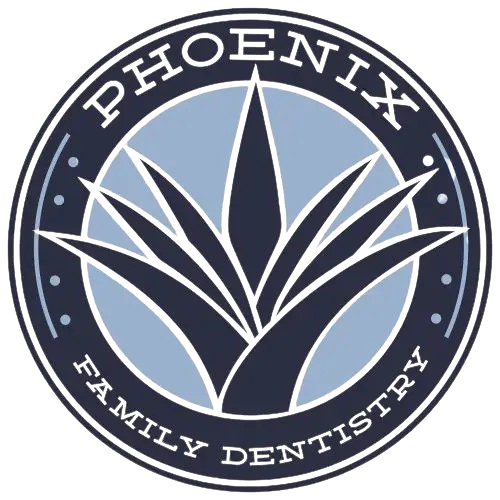Best Practices For Maintaining Good Oral Health At Home
Maintaining good oral health at home is essential for preventing dental problems such as tooth decay, gum disease, and bad breath. Here are some best practices for maintaining good oral health at home:
- Regular Brushing and Flossing
Keeping up with a consistent oral health care routine is crucial for keeping your mouth healthy between visits to the dentist in Phoenix, AZ. You should brush your teeth for a minimum of two minutes twice each day using a soft-bristled toothbrush. A soft-bristled brush is the better choice for removing plaque and debris from your tooth enamel and gumline without damaging your teeth and gums. You should also replace your toothbrush every three to four months or when the bristles begin to fray. A frayed bristle will not clean your smile effectively and may damage your gum tissue.
In addition to brushing your teeth thoroughly, you should floss daily to remove food particles and plaque buildup between your teeth and gums. Use an ADA-accepted brand of floss to prevent damage to your gums and ensure you are getting the flossing technique right. If you have questions about the best oral hygiene practices for your needs, ask your dentist in 85053 for advice. He or she can help you develop an oral healthcare regimen that is right for you.
- Using Mouthwash
Rinse your mouth with an antimicrobial mouthwash after brushing and flossing to help kill bacteria and freshen your breath. Look for a mouthwash that contains fluoride to help strengthen tooth enamel and prevent cavities.
- Clean Your Tongue
Use a tongue scraper or your toothbrush to gently clean your tongue each time you brush your teeth. Cleaning your tongue helps remove bacteria and food debris that can contribute to bad breath and oral health problems.
- Limit Sugary and Acidic Foods
Limit your consumption of sugary and acidic foods and drinks, such as soda, candy, and fruit juices. These foods can contribute to tooth decay and erosion of tooth enamel. Instead, opt for healthier alternatives like water, unsweetened tea, and fresh fruits and vegetables.
- Eating Healthy Foods
One of the best ways to keep your mouth healthy is to avoid eating foods that can negatively impact your oral health. Try to eat a mouth-healthy diet that is full of nutrient-rich fruits and vegetables, lean protein sources, and whole grains. Avoid foods that are high in sugar or carbohydrates, as these can contribute to tooth decay. For example, candy, cookies, soda, and other packaged snacks are high in carbs and sugar. Starchy foods like potato chips, pretzels, crackers, and even bread can also increase the amount of plaque on your teeth. These types of starchy, carb-heavy foods can also lead to cavities. If you must snack during the day, try and eat fresh fruits and vegetables instead. Crunchy vegetables like carrots, celery, broccoli, cauliflower, and raw apples will stimulate your gums and promote the production of saliva to help wash away bacteria and food particles from the mouth. Try to also avoid tobacco, alcohol, and coffee, as these can all stain your teeth and cause further discoloration over time. Tobacco cigarettes are one of the worst culprits when it comes to staining teeth as they contain nicotine that will leave a nasty yellow residue behind on your enamel when you smoke, which can prove very difficult to remove by simply brushing alone. Alcohol is another substance that will dry out your mouth, which can lead to the development of gum disease or oral cancer. Coffee is also notorious for causing stains on the teeth due to its dark pigments. If you do drink coffee, try to drink through a straw to limit the amount of time that the beverage spends directly contacting your pearly whites. Call us to learn more.
- Regular Dental Checkups
Your doctor can help identify any problems early and suggest treatment that could prevent the need for more invasive procedures down the road. A biannual checkup typically includes a thorough cleaning, an oral cancer screening, and X-rays to detect potential problems. Your dentist may also check your bite alignment and screen for tooth decay or gum disease.
Regular checkups are also important because they allow your dentist to get to know you and your mouth better. Over time, they may notice changes in your oral health that may warrant additional attention.
Request an appointment or call Phoenix Family Dentistry at (602) 755-6684 for an appointment in our Phoenix office.









0 comments